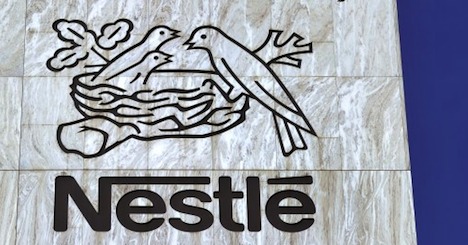In mice, regular doses of caffeine inhibited the growth of tau, a protein that clogs brain cells in Alzheimer's patients, they said.
The discovery was made among mice that had been genetically modified to produce tau.
They were given a tiny dose of caffeine – 0.3 grammes per litre (0.005 ounces per pint) – in their drinking water over 10 months.
This is roughly equivalent to two cups of coffee per day for human beings.
The mice were compared with an identical group of "tau" rodents which did not get the caffeine dose.
"Mice that were given caffeine were less affected in terms of memory and tau buildup but also in terms of inflammation of the brain tissue," said David Blum of France's National Institute of Health and Medical Research (Inserm).
Previous research has found that older people are less likely to suffer cognitive decline if they take regular, moderate amounts of caffeine.
Experiments have also found that caffeine slows memory loss in mice bred to develop so-called amyloid plaques – another compound buildup in the brain that is associated with Alzheimer's.
The study appears in the US journal Neurobiology of Aging.



 Please whitelist us to continue reading.
Please whitelist us to continue reading.
Member comments